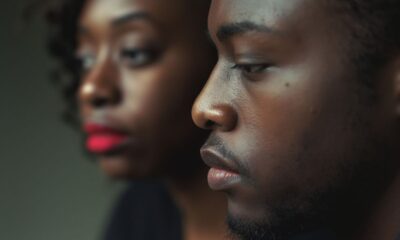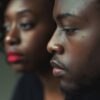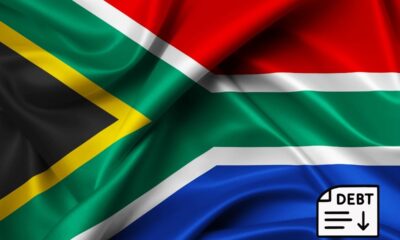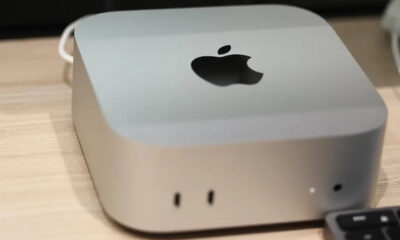Latest News
Teens Take Australia’s Social Media Ban For Under-16s To High Court

A constitutional challenge has been filed against Australia’s landmark social media ban for children under 16, just two weeks before the law is scheduled to take effect. The Digital Freedom Project, a campaign group, confirmed on Wednesday that it has launched proceedings in the High Court, with two 15-year-olds — Noah Jones and Macy Neyland — named as plaintiffs.
Under the law, set to begin on December 10, more than one million accounts belonging to teenagers under 16 will be deactivated across platforms such as YouTube, TikTok, Snapchat, Facebook and Instagram. The legislation, passed in November 2024, is considered one of the most sweeping global attempts to restrict minors’ access to social media.
In its statement, the Digital Freedom Project argued that the ban “robs” young Australians of their implied constitutional right to political communication, despite the nation lacking an explicit right to free speech. The group described the legislation as “grossly excessive,” warning that it silences young voices at a crucial time.
Plaintiff Macy Neyland expressed concern that the ban would shut teenagers out of important public discourse. “Young people like me are the voters of tomorrow … we shouldn’t be silenced. It’s like Orwell’s book 1984, and that scares me,” she said.
The organisation is led by John Ruddick, president of the Digital Freedom Project and a member of the Libertarian Party in the New South Wales Parliament.
Following reports of the legal challenge, Communications Minister Anika Wells told Parliament that the centre-left government, led by Prime Minister Anthony Albanese, would not be swayed by threats or courtroom battles. “The Albanese Labor government remains steadfastly on the side of parents, and not of platforms,” Wells said, suggesting the challenge was being driven by people with “ulterior motives.”
Australian media has also reported that YouTube is considering its own High Court challenge, arguing the ban places an undue burden on political communication.
The world is watching closely as Australia moves forward with its restrictions. Governments and tech giants alike view the legislation as a test case for regulating children’s digital access. Opinion polls show that the majority of Australians back the ban, which the government says was prompted by research linking excessive social media use to misinformation exposure, cyberbullying and harmful body image pressures among teenagers.
Companies that fail to comply could face penalties of up to A$49.5 million ($32.22 million), marking one of the toughest enforcement regimes yet introduced in the digital space.

















